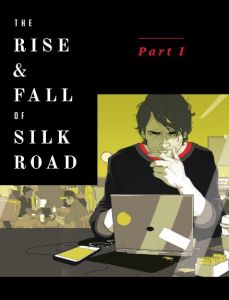Join getAbstract to access the summary!

Join getAbstract to access the summary!
Joshua Bearman
The Rise and Fall of Silk Road
How a 29-year-old idealist built a global drug bazaar and became a murderous kingpin.
Wired, 2015
What's inside?
How did a libertarian idealist become the power behind America’s largest online drug marketplace?
Recommendation
In early 2015, a jury found Ross Ulbricht guilty of creating and running the drug-selling e-commerce website Silk Road. But how exactly did Ulbricht come to create Silk Road, and how, with all the encryption and secrecy standing in the way of discovery, did law enforcement ultimately bring Ulbricht to justice? In this long article, Wired reporter Joshuah Bearman weaves a detailed and gripping narrative of the various individuals – including Ulbricht, Silk Road employee Curtis Green, Drug Enforcement Administration agent Carl Force and FBI agent Chris Tarbell – and the encryption technology which played a part in the Silk Road saga. In detailing the rise of Silk Road and the evolution of its founder from political experimenter to brutal businessman, Bearman also raises larger questions about the nature of identity and the corrupting influence of power. getAbstract recommends this article to everyone interested in the intersections among digital technologies, politics, law, philosophy and identity.
Summary
About the Author
Joshuah Bearman writes for Rolling Stone, Harper’s, Wired, The New York Times Magazine, The Believer and McSweeney’s and contributes to This American Life.

















Comment on this summary
Bravo! Keep up the great work!